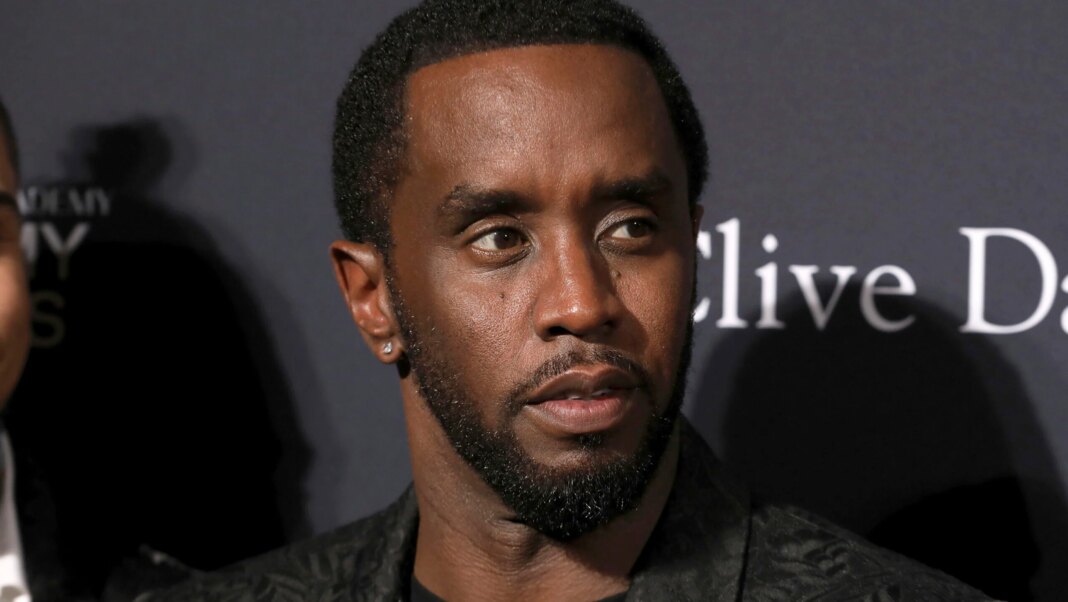The Situation Surrounding Sean “Diddy” Combs: Recent Developments from FCI Fort Dix
Background on Diddy’s Sentencing
Sean “Diddy” Combs, the once-celebrated music mogul, has found himself at a crossroads following his conviction in a high-profile federal trial. On October 3, 2025, he was sentenced to 50 months in federal prison at the Federal Correctional Institution (FCI) Fort Dix in New Jersey. This sentence came as a result of serious charges, including transporting individuals to engage in prostitution and racketeering conspiracy. The prosecution painted a harrowing picture of Combs as the orchestrator of drug-fueled “freak-off” parties involving vulnerable women coerced into illicit activities.
The backdrop to this saga is perhaps as gripping as the events themselves. As one of the music industry’s most influential figures, Combs’s fall from grace has captivated public attention. His trial revealed unsettling details of exploitative behavior, leading to widespread condemnation and a starkly different public image than the one he once held.
The Latest Allegations of Misconduct
As if the situation couldn’t get any more dramatic, recent reports concerning Combs’s behavior behind bars have stirred further controversy. On November 7, 2025, TMZ reported that the 56-year-old rapper was allegedly caught drinking homemade alcohol while incarcerated. This revelation sent shockwaves through media outlets and raised questions about the integrity of Combs’s commitment to rehabilitation.
According to the reports, prison officials considered transferring him to a different unit following this incident, although they eventually opted against it. Such actions highlight the complexities of prison life and the challenges faced by individuals trying to adhere to the strict regulations of their environment.
The Response from Diddy’s Representatives
The day following these incendiary reports, Diddy’s representatives swiftly moved to refute the claims, emphasizing that the allegations were “completely false.” A statement posted on Combs’s official X account declared that his focus remains on becoming a better version of himself while looking forward to reuniting with his family. The spokesperson for Combs insisted that he has not violated any prison rules, emphasizing his commitment to both sobriety and self-discipline.
The representatives reiterated that this was only the beginning of Diddy’s incarceration and asked the public and media alike for space to allow him time for personal growth. Their call for understanding aims to paint a picture of a man seeking redemption, navigating the complexities of life in prison.
The Nature of Media Representation
The quick and sensational nature of media reporting surrounding high-profile individuals like Combs raises ethical questions. The allegations of misconduct have been characterized by his representatives as “false and reckless,” illustrating the potential pitfalls of consuming news that is often based on limited or unverified sources.
Diddy’s situation serves as a compelling case study in how public figures are scrutinized under the relentless gaze of the media. The rapid dissemination of unverified information can easily shape public perception, often leading to harsh judgments without a full understanding of the circumstances.
Reflecting on Personal Growth and Public Scrutiny
As the weeks unfold, the focus remains not just on the legal ramifications of Combs’s actions but also on his personal journey within prison walls. The statements from his representatives suggest a man determined to focus on self-improvement during this challenging time. Navigating the public eye while confined to a prison setting complicates the search for redemption, showcasing the inherent conflicts between celebrity and accountability.
Combs’s narrative raises important discussions around the responsibilities of those in the media to report facts rather than sensationalize stories, often at the expense of the individuals involved. It also asks us to consider what true rehabilitation looks like for those who have made mistakes, and how society can aid in that process rather than hinder it through speculation and rumor.
This evolving story represents more than just the tribulations of one man; it poses larger questions about celebrity culture, accountability, and redemption in today’s society. As the public remains captivated by the unfolding events, the nuances of Diddy’s situation continue to be a reflection of both personal struggle and societal fascination with the rise and fall of fame.



